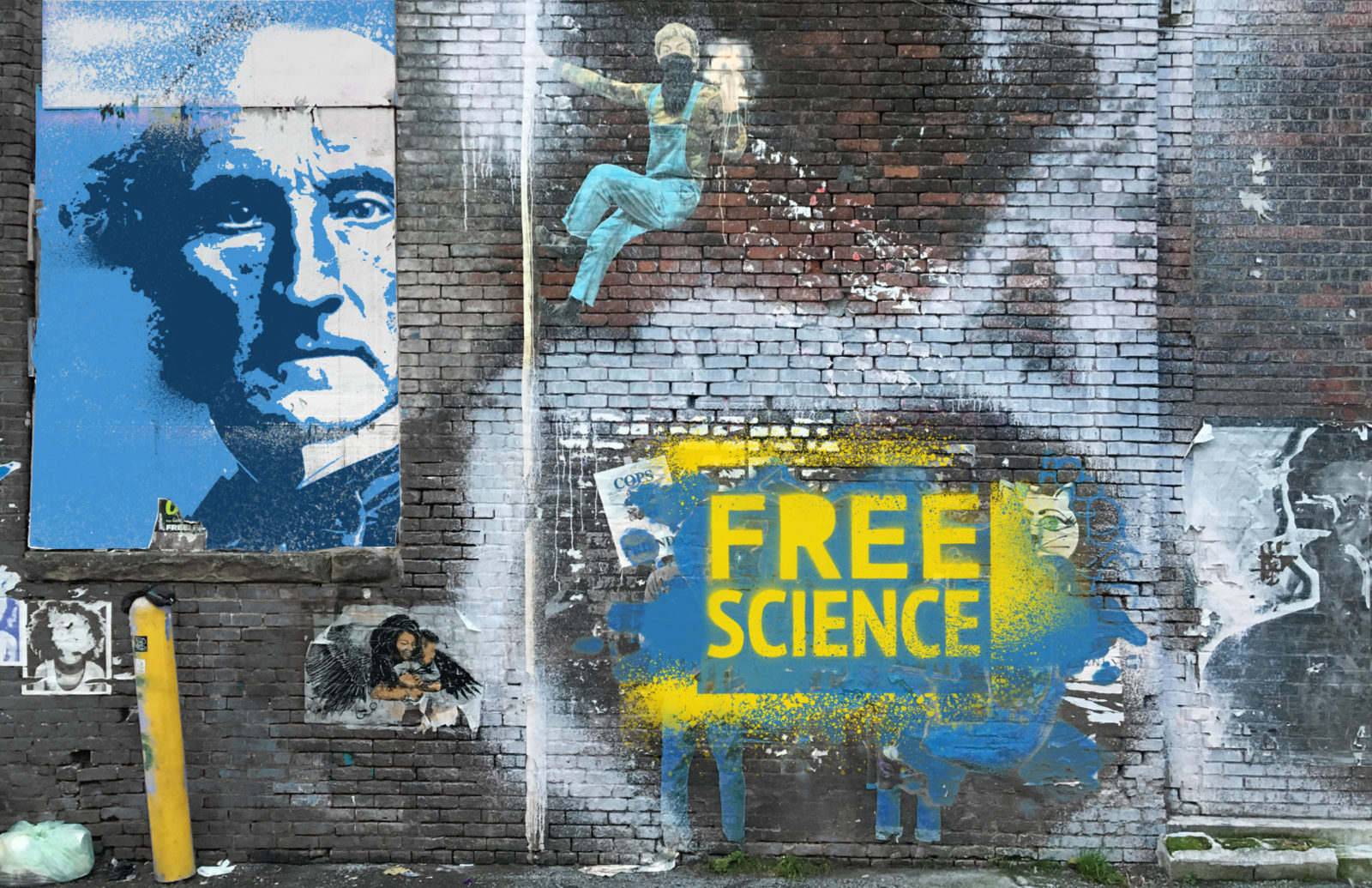John Stuart Mill on Free Thought and Discussion
On Silencing Dissent
If all mankind minus one, were of one opinion, and only one person were of the contrary opinion, mankind would be no more justified in silencing that one person, than he, if he had the power, would be justified in silencing mankind. Were an opinion a personal possession of no value except to the owner; if to be obstructed in the enjoyment of it were simply a private injury, it would make some difference whether the injury was inflicted only on a few persons or on many. But the peculiar evil of silencing the expression of an opinion is, that it is robbing the human race; posterity as well as the existing generation; those who dissent from the opinion, still more than those who hold it. If the opinion is right, they are deprived of the opportunity of exchanging error for truth: if wrong, they lose, what is almost as great a benefit, the clearer perception and livelier impression of truth, produced by its collision with error. “Of the Liberty of Thought and Discussion”, Ch. II, On Liberty (1859).
On Both Sides
He who knows only his own side of the case, knows little of that. His reasons may be good, and no one may have been able to refute them. But if he is equally unable to refute the reasons on the opposite side; if he does not so much as know what they are, he has no ground for preferring either opinion.
“Of the Liberty of Thought and Discussion”, Ch. II, On Liberty (1859).
On Education
The very cornerstone of an education intended to form great minds, must be the recognition of the principle, that the object is to call forth the greatest possible quantity of intellectual power, and to inspire the intensest love of truth: and this without a particle of regard to the results to which the exercise of that power may lead, even though it should conduct the pupil to opinions diametrically opposite to those of his teachers. We say this, not because we think opinions unimportant, but because of the immense importance which we attach to them; for in proportion to the degree of intellectual power and love of truth which we succeed in creating, is the certainty that (whatever may happen in any one particular instance) in the aggregate of instances true opinions will be the result; and intellectual power and practical love of truth are alike impossible where the reasoner is shown his conclusions, and informed beforehand that he is expected to arrive at them.
…
We are not so absurd as to propose that the teacher should not set forth his own opinions as the true ones and exert his utmost powers to exhibit their truth in the strongest light. To abstain from this would be to nourish the worst intellectual habit of all, that of not finding, and not looking for, certainty in any teacher. But the teacher himself should not be held to any creed; nor should the question be whether his own opinions are the true ones, but whether he is well instructed in those of other people, and, in enforcing his own, states the arguments for all conflicting opinions fairly.
“Civilization”, London and Westminster Review (April 1836).
